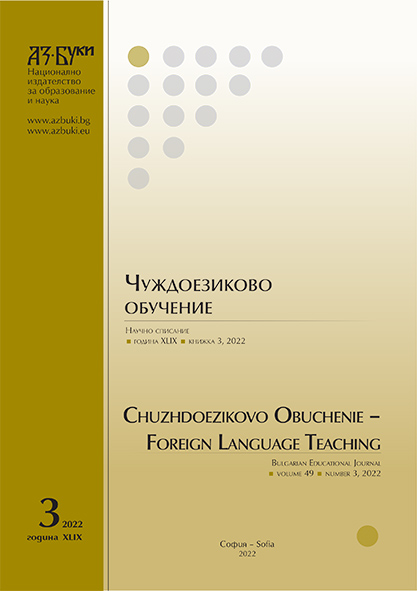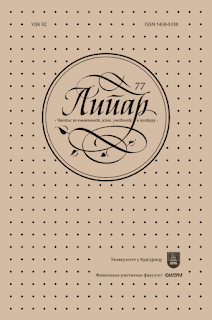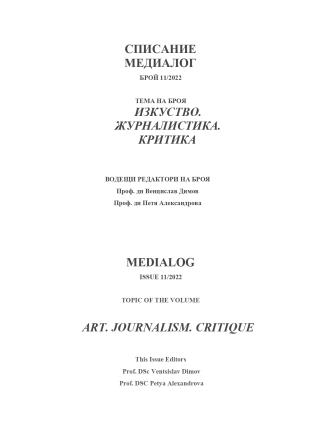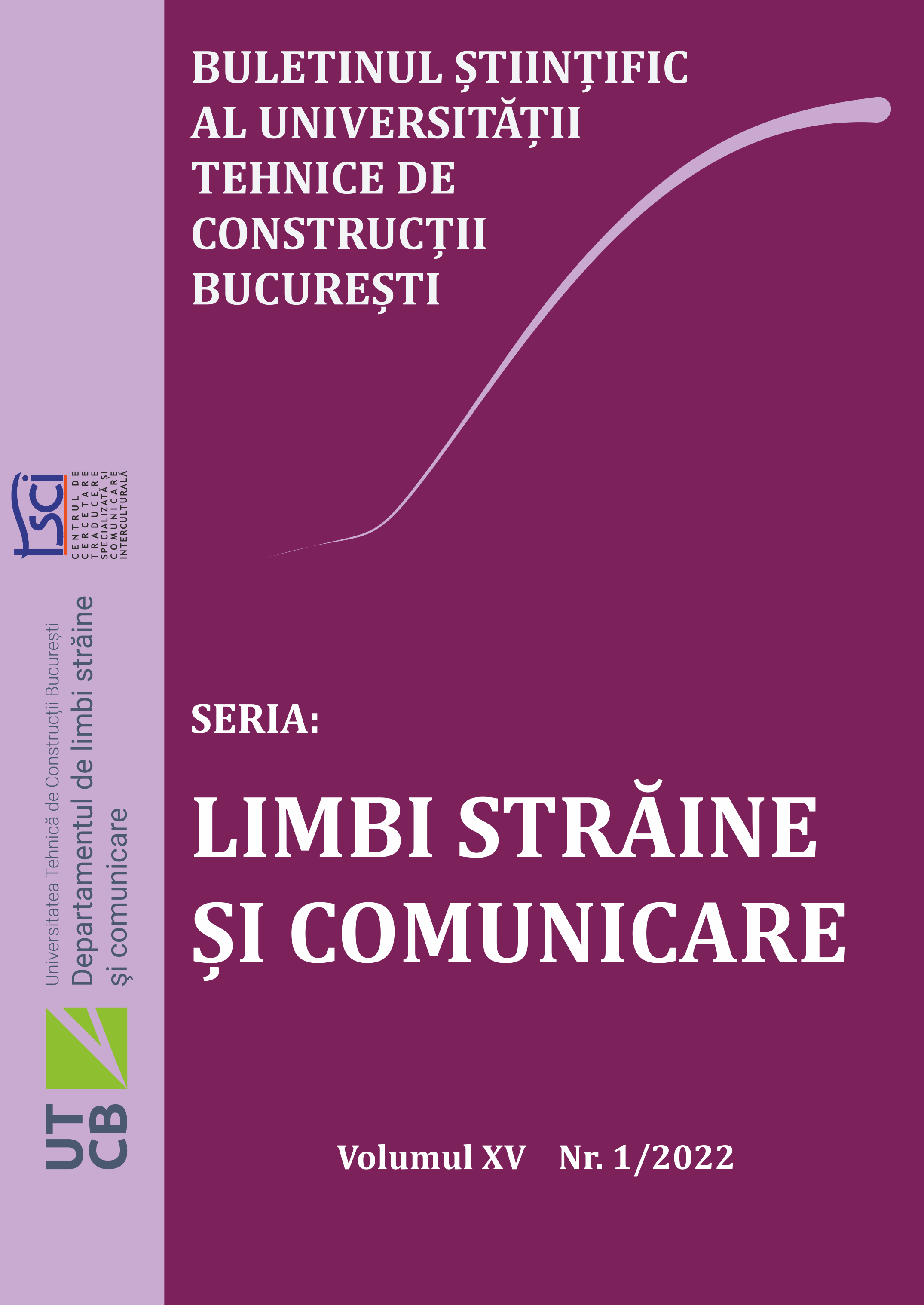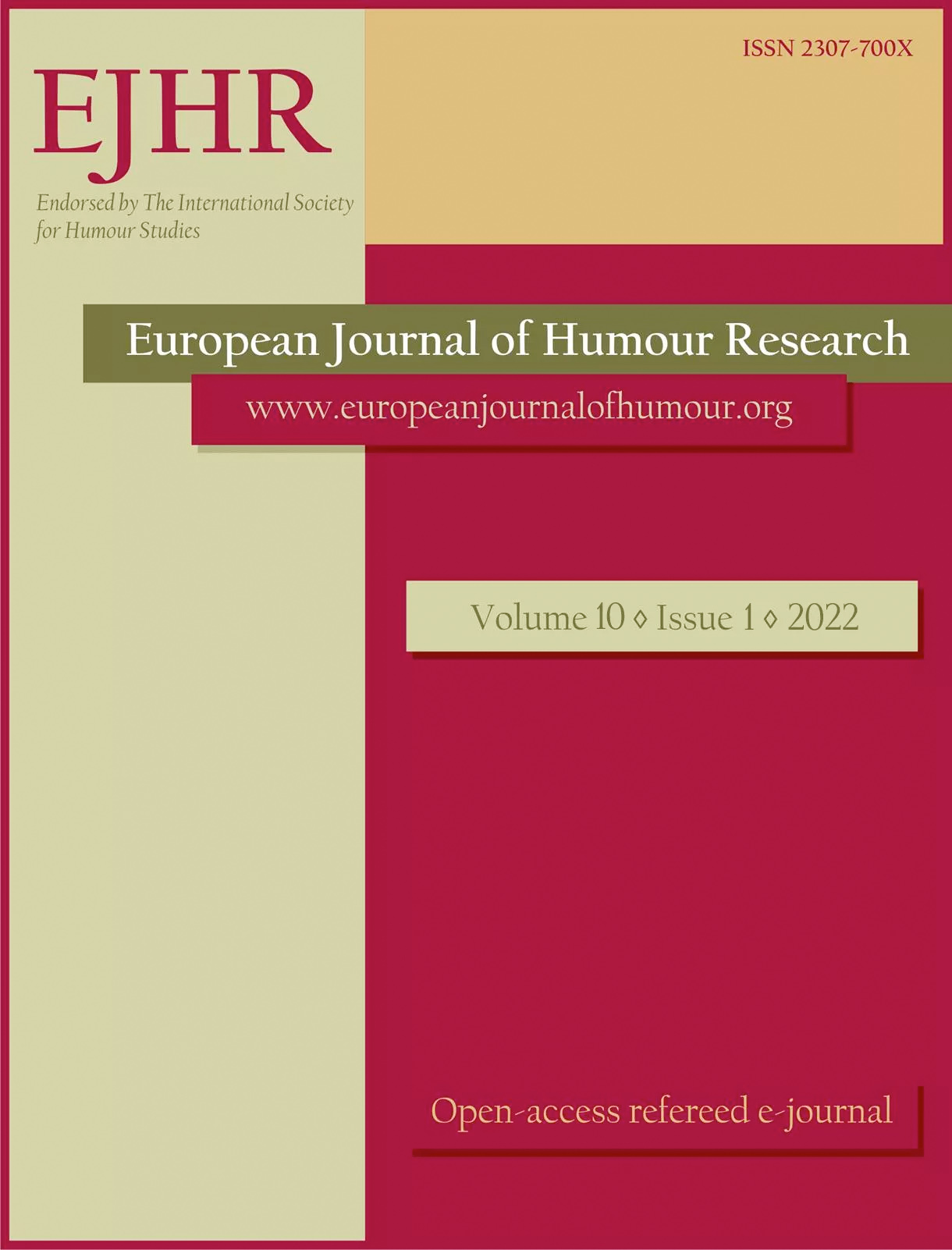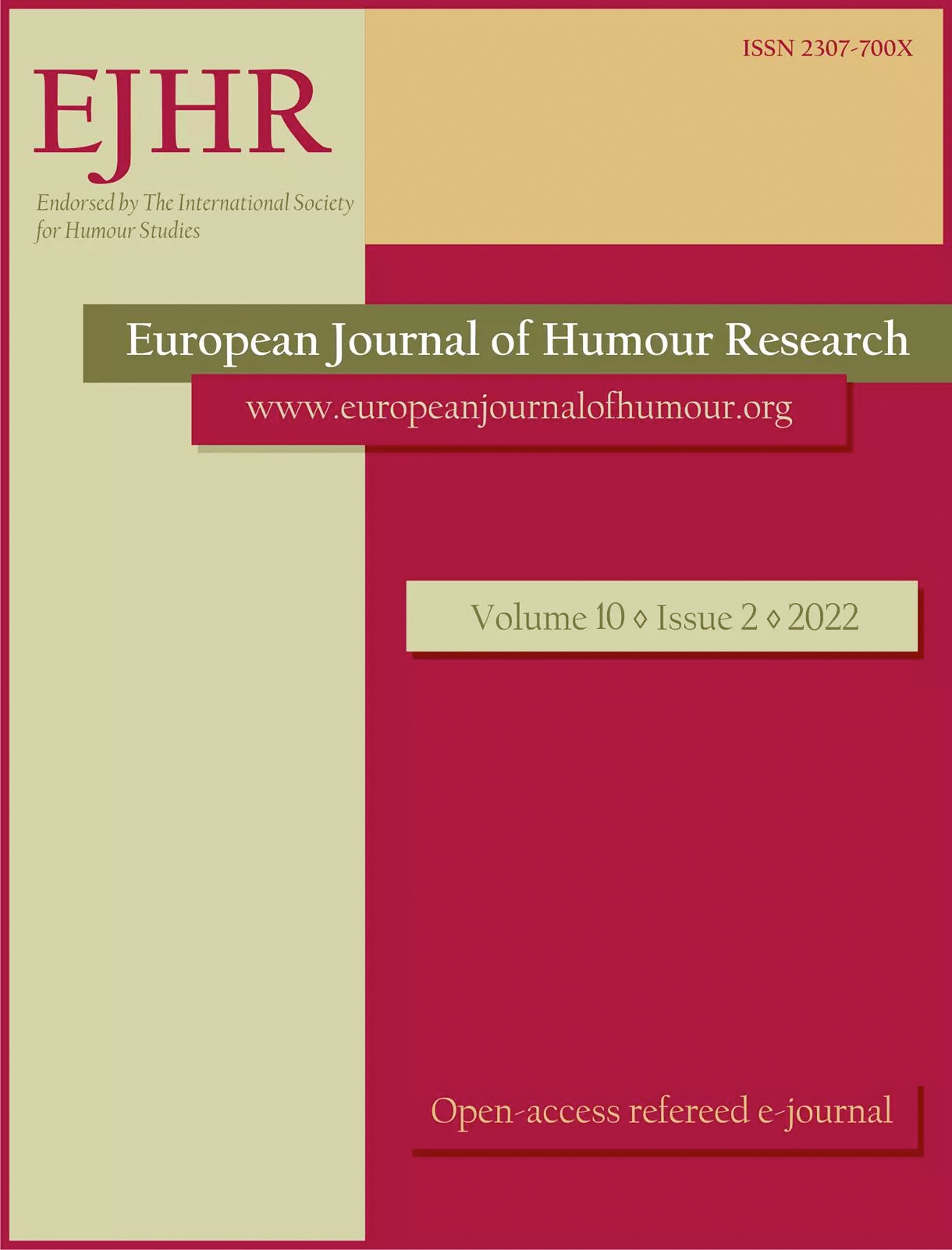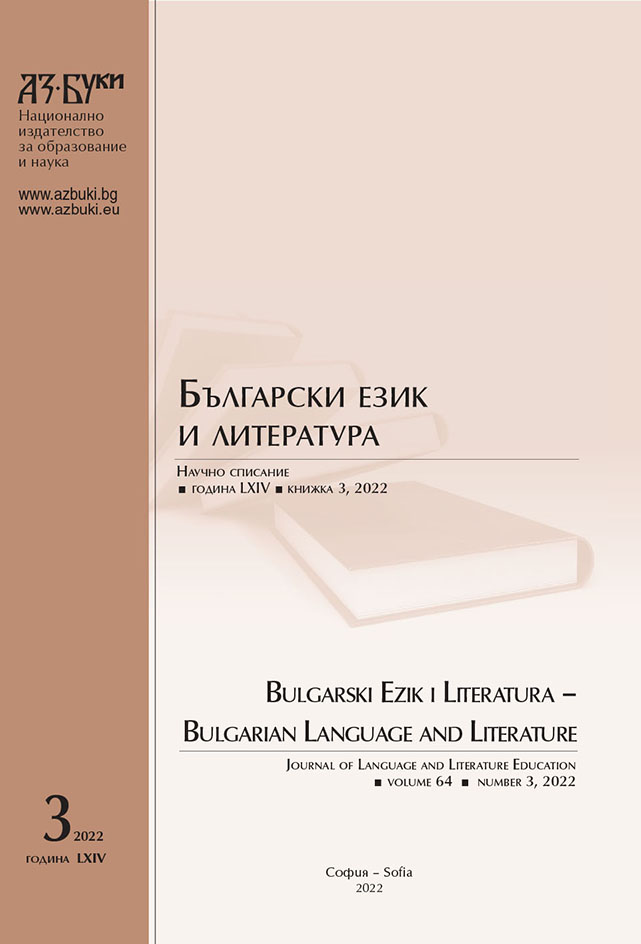
Intellectual Reception of G. Lozanov’s Theory on Suggestopedia in the Pedagogical Discourse of Ukraine
The paper is aimed at studying the results of Ukrainian scientists who developed the theory and practice of suggestopedia.The ideas of the outstanding Bulgarian scholar G. Lozanov serve as the foundation of modern linguistics, including the directions of suggestive language didactics, linguistics of influence, psychological and neurological and marketing linguistics. Thanks to Lozanov's contribution, researchers have learned to find suggestive components in political messages, analyze strategic narratives, find hidden aspects in religious texts, better understand the applied nature of some folk genres and more. The special anthropological value of Lozanov's approaches is objectified by the development of neuroscience, where a person is often positioned as a functionary with electronic chips. Instead, Lozanov's man is a free, conscious and loving man. Although research on suggestion is growing in the scientific literature, there is still a significant gap in this topic, in particular on theoretical and empirical developments on the impact of suggestion on various aspects of communication. A review of recent publications on suggestopedic topics shows that the interest in G. Lozanov’s approaches does not fade and is nourished by the pedagogical search for educational paradigms which are adequate to the real needs of life and capable of combining tradition with innovation. The article presents different approaches to Lozanov's discoveries and aims to encourage new discourses into the area of the linguistic programming of personality.
More...
